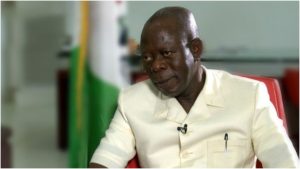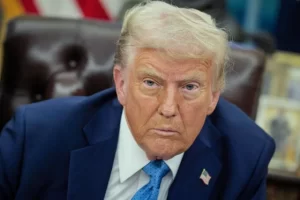China and Mexico strongly criticized President-elect Donald Trump on Tuesday following his threats of a trade war targeting the U.S.’s top economic partners. Trump announced plans for steep import tariffs against Canada, Mexico, and China via social media, tying the measures to his demands for a halt to illegal immigration and drug smuggling into the United States.
China warned that “no one will win a trade war,” while Mexican President Claudia Sheinbaum declared, “for every tariff, there will be a response in kind.” Meanwhile, Canadian Prime Minister Justin Trudeau reportedly had a “productive” phone call with Trump, though details were not disclosed.
Stock markets experienced volatility as investors weighed the potential disruption to global trade. Analysts expressed concern over the economic risks of such tariffs, which could deepen tensions with China and destabilize relations with U.S. neighbors.
Trump’s social media posts signaled a return to his previous governing style, characterized by abrupt and sweeping policy announcements. His threats include a 25% tariff on all Mexican and Canadian imports and an additional 10% tariff on Chinese goods, citing China’s failure to crack down on fentanyl smugglers.
China called for cooperation, with an embassy spokesman reiterating the mutual benefits of U.S.-China trade ties. Sheinbaum criticized Trump’s approach, arguing that it fails to address underlying issues such as U.S. drug demand and illegal arms trafficking to Mexico.
Experts remain divided on whether Trump’s rhetoric is a negotiation tactic or a precursor to action, noting his protectionist trade record during his first term. Trump also named Jamieson Greer and Kevin Hassett to key economic roles, signaling a continuation of his hardline trade policies.
Economists warn that tariffs could harm U.S. growth and inflate consumer prices, with Trump’s campaign promise to use economic leverage to address non-trade issues raising concerns about potential fallout.









